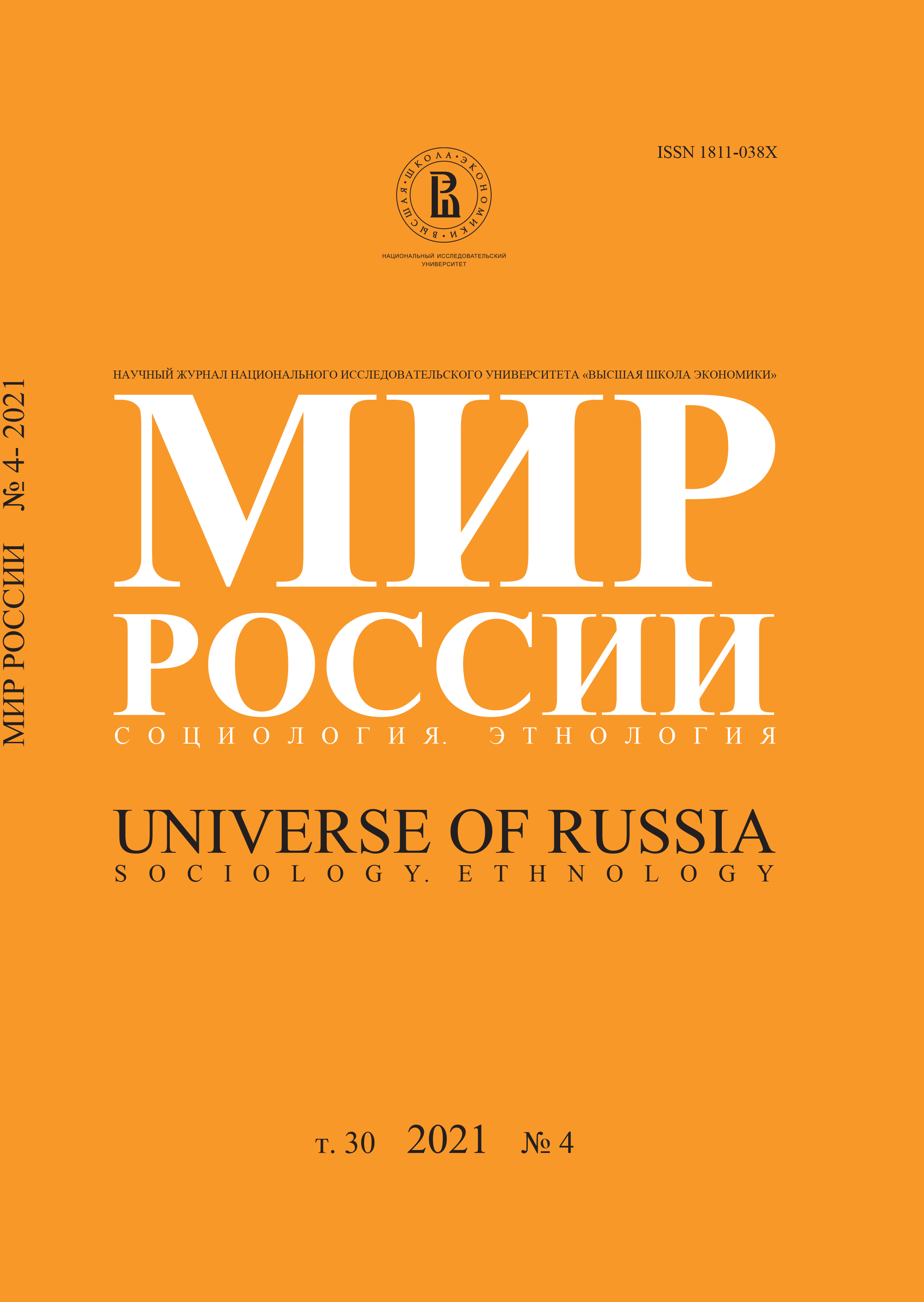Regular Medical Check-Ups in Russia: Expectations and Reality
Abstract
The program of regular medical check-ups and screenings for practically all adults and some children is considered among the most important instruments of the Russian health policy. The official reports on the widening coverage of the program and the increased number of diseases detected are usually taken as clear signs of the program’s success. However, the relationship between the program and health outcomes is not as straightforward as policymakers believe them to be. This paper discusses the conceptual issues of the check-up program, analyzes the actual practices and the outcomes of their implementation. We use data from an online survey of 1,103 primary care physicians from 81 regions of Russia conducted in 2019. The survey indicates that only a very limited number of the pathologies revealed during the check-ups undergo appropriate treatment, particularly for chronic diseases. Almost half of the physicians are unaware of the check-up results. Only less than 8% of respondents indicate that treatment of the detected cases complies with current clinical recommendations and regulatory requirements. The survey also indicates that primary health care units are not ready to treat such patients. Moreover, the program exacerbated staff shortages in primary health care and limited the capacity for curative work. A particular characteristic of the program is the centralized and unified model for planning preventive activities and their implementation in each primary care unit. Experiencing strong bureaucratic pressure, physicians have to imitate actual prevention both quantitatively and qualitatively. To strengthen the program, it should be adjusted to the capacity of primary care services and be transformed into an interrelated set of activities to detect disease and to ensure follow-up management. Recommendations are suggested.






